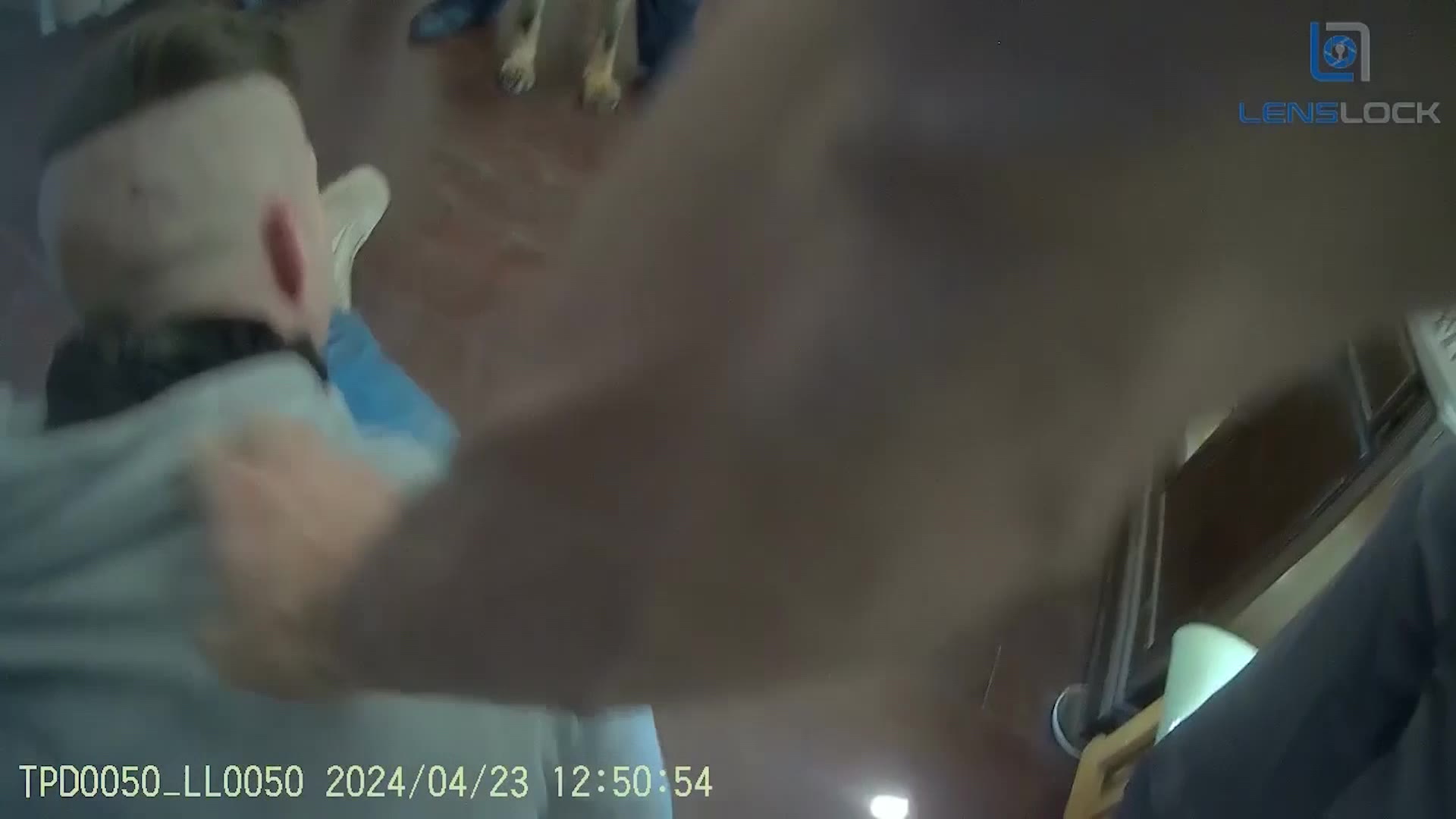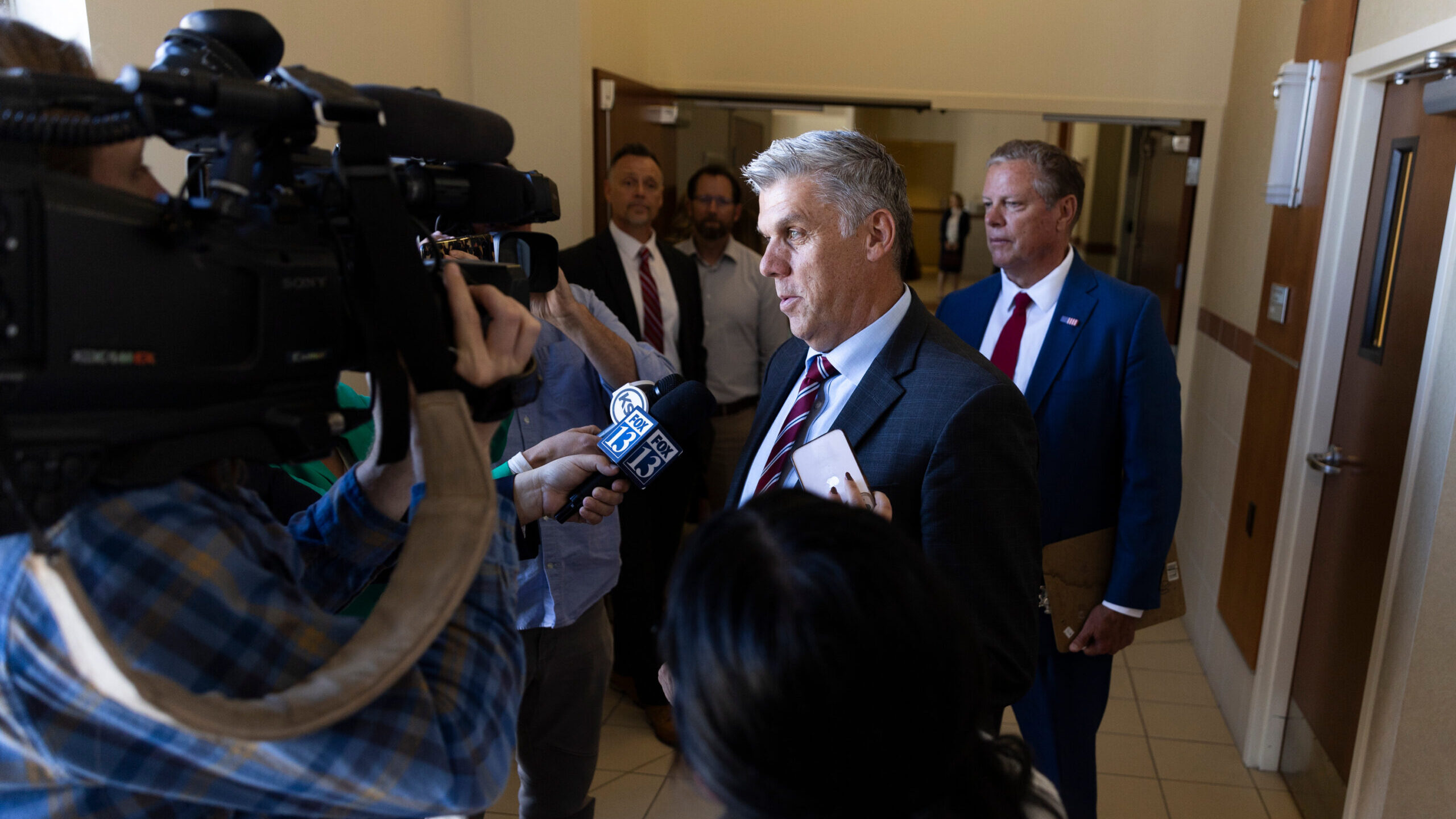Libraries are trying to change eBook rental
Apr 1, 2024, 9:42 AM

An e-Book sits near piles of physical books. (Canva)
(Canva)
SALT LAKE CITY – The mission of public libraries is to serve communities through preservation. Normally, books, manuals, and even digital media are purchased by libraries and then leased to patrons. That isn’t always the case with eBook rental.
However, libraries struggle to rent out eBooks because of licensing. Libraries can’t buy eBook collections like they can purchase hard copies; instead, publishers rent their collections out to libraries. It gives publishers the power to determine how long an eBook can remain in circulation, place a set number of checkouts before re-selling the lease, or refuse to lease to a library at all.
Libraries and patrons across the nation run into the eBook rental problem. Some publishers are quick to cite copyright in their defense.
Kyle K. Courtney, Harvard Library’s director of copyright and information policy, countered the argument.
“The problem isn’t copyright though,” said Courtney. “The problem really is the licensing that is forced upon libraries in lieu of copyright.”
Courtney explained that those licensing agreements block libraries from doing their mission.
“Many legislators, and the public at large, are horrified that libraries are forced to rent their collections as opposed to owning them. And then they need to buy them over and over again. It’s just untenable.”
Not reinventing the wheel
Courtney is the head of eBook Study Group. The 501(c) non-profit focuses on the issues of eBook rental.
“If we’re going to be forced into dealing with these licensing agreements… then we can change the license to be more reflective of the library mission,” said Courtney.
Courtney’s written a model to reform the licenses. It allows libraries to loan out and make preservation copies of eBooks. The model also keeps the confidentiality of patron library records. Crucially, if those terms can’t be met, then existing state laws can be leveraged against publishers.
“All states, including Utah, have a public interest in maintaining libraries for access to information, encouraging literacy or general learning,” Courtney said. “It’s not re-inventing the wheel, it’s using the law that’s already in the books.”
What’s next for eBook rental?
Courtney hopes that state-level backup will give libraries more power when negotiating. Previous lawsuits against publishers went nowhere because publishers would refer back to federal-level copyright law.
By focusing on state licensing and consumer protection laws, Courtney hopes libraries will change the restrictive licensing contracts that publishers set.
“Hopefully those go away, and make the ability of libraries to offer collections, including diverse collections, more readily available.”
Related: Utah House OKs ‘sensitive materials’ bill governing removal of books from school libraries













